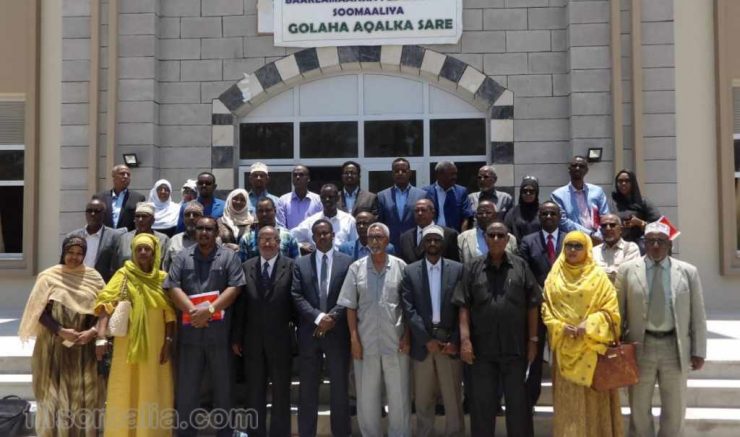Today, the Upper House passed the National Revenue Bill, which took place after the Lower House had earlier approved it. All that remains is presidential approval.
In a 54-member strong Senate, 31 members supported the Bill. The Senate hopes that it will achieve several things. Among this is the embedding of revenue collection into law. Simultaneously, it will update all past legal frameworks that guide the collection and utilization of revenue.
Furthermore, the Bill will help in streamlining revenue collection. For years, tax collection has been limited to Mogadishu. Through the Bill, however, it will also create effective mechanisms that enable the government to extend tax collection to other parts of the country.
Without effective mobilization of revenue, it will be hard for the country to embark on economic recovery. Similarly, it would be impossible to finance the budget. A year ago, the Ministry of Finance was unable to impose the collection of taxes in Mogadishu when lawmakers questioned the rationale behind it all. They said the laws, which date back to 1962, lacked the much-needed legal guidelines for the exercise.
As the Senate passed the Bill, the Finance Minister – Abdirahman Beile – applauded the two Houses for putting the country on course for a smoother debt relief process. The Bill now moves to the desk of President Mohamed Farmaajo, where it awaits his endorsement.


